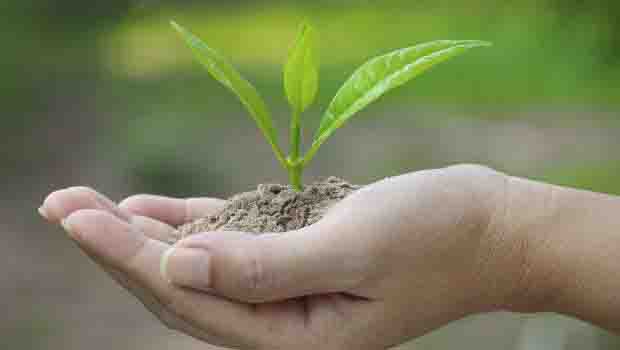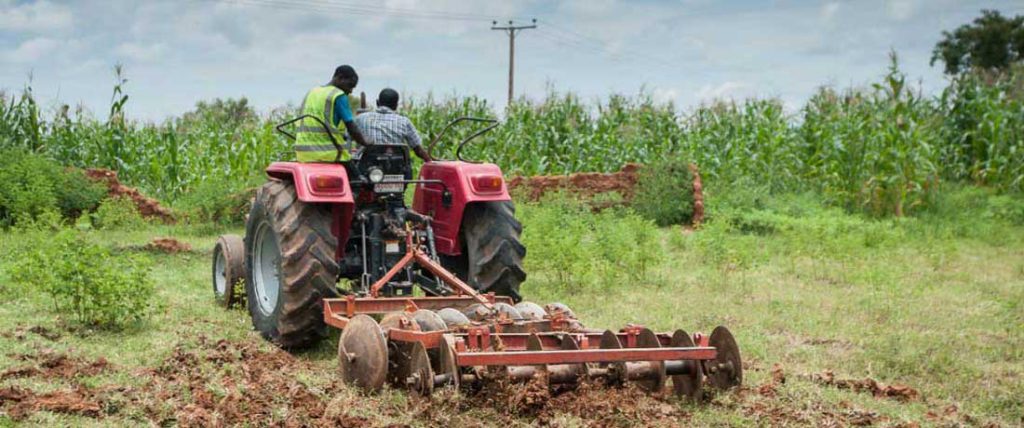Organic Farming is defined as a healthy way of growing crops by means of natural fertilizing such as compost and green manure. It requires a complete life cycle process of soil cultivation, optimum water resource utilization, animal husbandry, pest and weed management, recycling of waste crops, biodiversity, and drought-resistant crops. It provides a beneficial reason for healthy nutritious food production in a natural way. It helps builds good fertility of the soil by the help of crop rotation, mulching, and mechanical tillage to soften a soil surface to make it absorb more nutrients by proper combination of air, water, and sunlight which are all considered as core essential ingredients for naturally grown crops. Following are the five benefits of organic farming practices:
- Enhanced Productivity of Soil
- Organic Pest Control
- Bio Crop Diversity
- Soil Water Conservation
- Better Food Nutrition
Enhanced Productivity of Soil
One of the major benefits of organic farming has enhanced the productivity of soil as it helps increases the maximum fertility of the soil with enriched nutritional value for a healthy clean diet food for everyone. Organic Soil Management is a vital factor in increasing the natural productive value of the soil by having a balanced mix of organic matters such as green manures and recycled waste. Rotation of crops and tilling are the best cultivating practices for mixing nutrients into the soil for growing healthy yield crops.
Organic Pests Control
Pests are harmful insects that quickly destroy agricultural field crops. Farmers often use various pesticide sprays for preventing crops from being damaged. Biological pest control is the natural way of controlling pests which is based on natural mechanisms like predation, parasitism, and herbivore, etc. It provides three kinds of pest control strategies such as importation, augmentation, and conservation.
Bio Crop Diversity
Bio Crop Diversity is a diversification of agricultural crops to reproduce more different crops by means of genetic engineering. It is a genetic science that consists of DNA Genes to produce crops with similar attributes with better nutrition. The core purpose is to fulfill the requirement of the scarcity of food in the world to do more eco-friendly genetic seed crop plantation.
Soil Water Conservation
Soil Water Conservation is an essential factor of conserving water for better soil management for healthy crop farming. Drip Irrigation is the best way to save water is to create small micro-irrigation canals to help store a sufficient amount of water for fertilizing a deep root soil. Drought Resistant Crops are another beneficial way to help save water and also prevent soil erosion.
Better Food Nutrition
Food Nutrition is an essential element which provides enrichment of proteins, vitamins, and minerals for the healthy nourishment of human being. Organic farming is the main source of producing high-value nutritious crops for a delicious and tasty food diet for everyone. Organic farming provides countless advantages for a healthier and safer eco-friendly living environment for farmers to cultivate natural yield crops to have a fertile productive sustainable soil condition.

